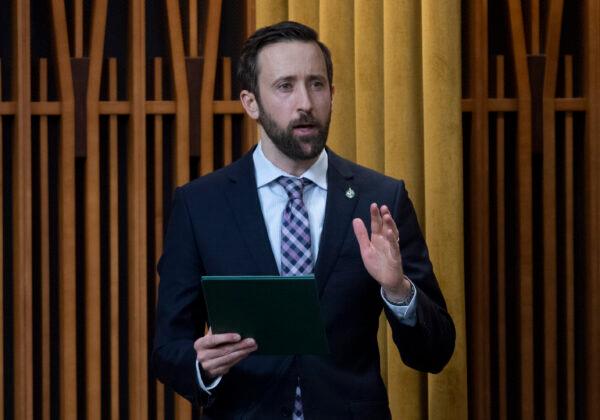Commentary
The factions who spent their summer days participating in revolutionary cosplay have provided us with yet another spectacle. On Aug. 29, activists in Montreal descended on the statue of Canada’s founding father, Sir John A. Macdonald, unbolted it, and tore it down. Exhilarated, one activist demonstrated a decorum and intellect clearly superior to that of our first prime minister by proceeding to make a vulgar gesture toward the statue’s head after it had fallen off. The act, shown on a video posted on social media, served as the perfect illustration of a deracinated civic culture in our society.





